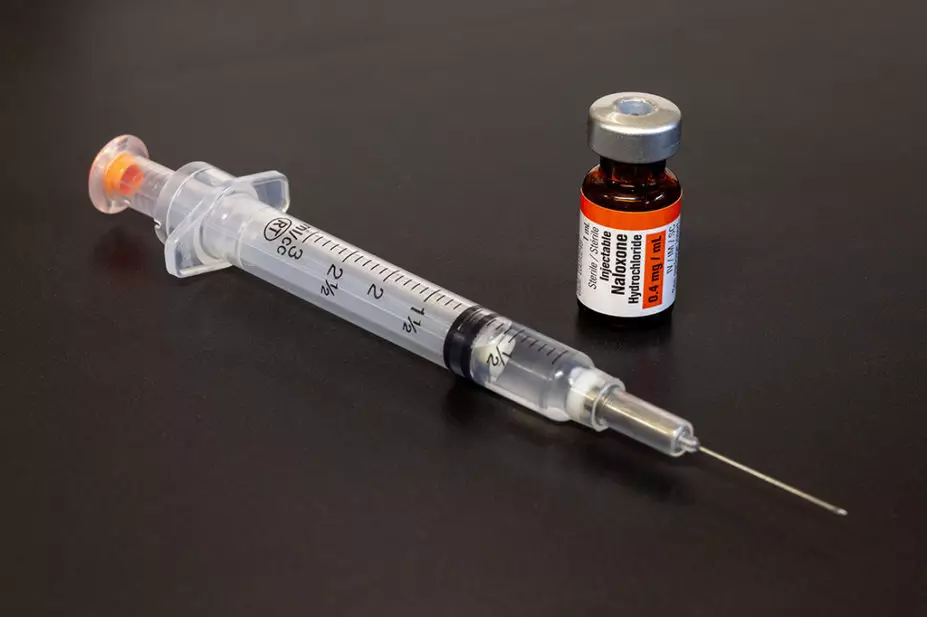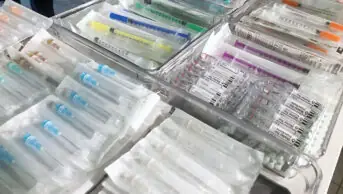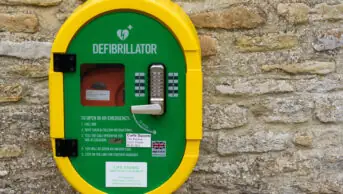
Shutterstock.com
The Scottish Drug Deaths Taskforce’s final report has recommended that naloxone should be permanently reclassified as a Pharmacy (P) or General Sales List (GSL) medicine.
The taskforce was set up by the Scottish government in July 2019, with the aim of reducing the nation’s rising number of drug-related deaths.
Naloxone, an emergency antidote for overdoses caused by heroin and other opioids, such as methadone, morphine and fentanyl, is currently only available on a prescription, although people working in registered drug treatment services can supply it without a prescription, in the case of emergency.
In its final report, published on 21 July 2022, the taskforce said: “The evidence is clear that wider distribution and training in how and when to administer naloxone saves lives.
“Mainstreaming the availability of naloxone would help to reduce harmful stigma around problematic substance use and ensure it is seen in parity with other health conditions.”
The report added that all community pharmacies should hold naloxone for administration in an emergency and should be able to supply take-home naloxone kits.
It proposed that one further solution could be the creation of ‘naloxboxes’, which would be “similar to the defibrillator boxes already available within communities”.
A previous report by the taskforce found that almost 1,400 lives may have been saved through the use of the kits in 2020.
The rate of drug-related deaths in Scotland is the highest in Europe. And although drug-related deaths in Scotland fell by 8% in 2021, from 1,411 in 2020 to 1,295, the government said at the time that “suspected drug deaths remain at a high level and there continues to be an upward trend over the period, for which data is available”.
In other recommendations, the taskforce said that it wants the UK government to look into a legislative framework to support the introduction of supervised drug consumption facilities, a request already made by the House of Commons Scottish Affairs Committee (SAC) in 2019, which the UK government rejected at the time.
The report also requested full implementation of the ten medication-assisted treatment standards by May 2024.
The standards, developed by the taskforce and published on 31 May 2021, include a requirement that anyone asking for help with drug misuse is offered same-day medication-assisted treatment, and support.
Only 17% of the standards of care assessed had been fully implemented, the report said.
Laura Wilson, policy and practice lead for the Royal Pharmaceutical Society in Scotland, commented: “We welcome the publication of the Scottish Drug Deaths Taskforce final report, which not only highlights the huge amount already achieved by the taskforce but importantly, sets out actions which will need to be taken to ensure that this work is progressed to save lives and reduce harm.
“The taskforce report recognises the important role of community pharmacy and pharmacy teams, and in particular, the fact that they often have most contact with individuals who are receiving medication assisted treatment.”
Community Pharmacy Scotland also welcomed the report, saying in a statement that community pharmacy teams have an important role to play for patients in this area.
“We are, and will, continue to work with partners on how this can be best delivered for patients across Scotland.”


